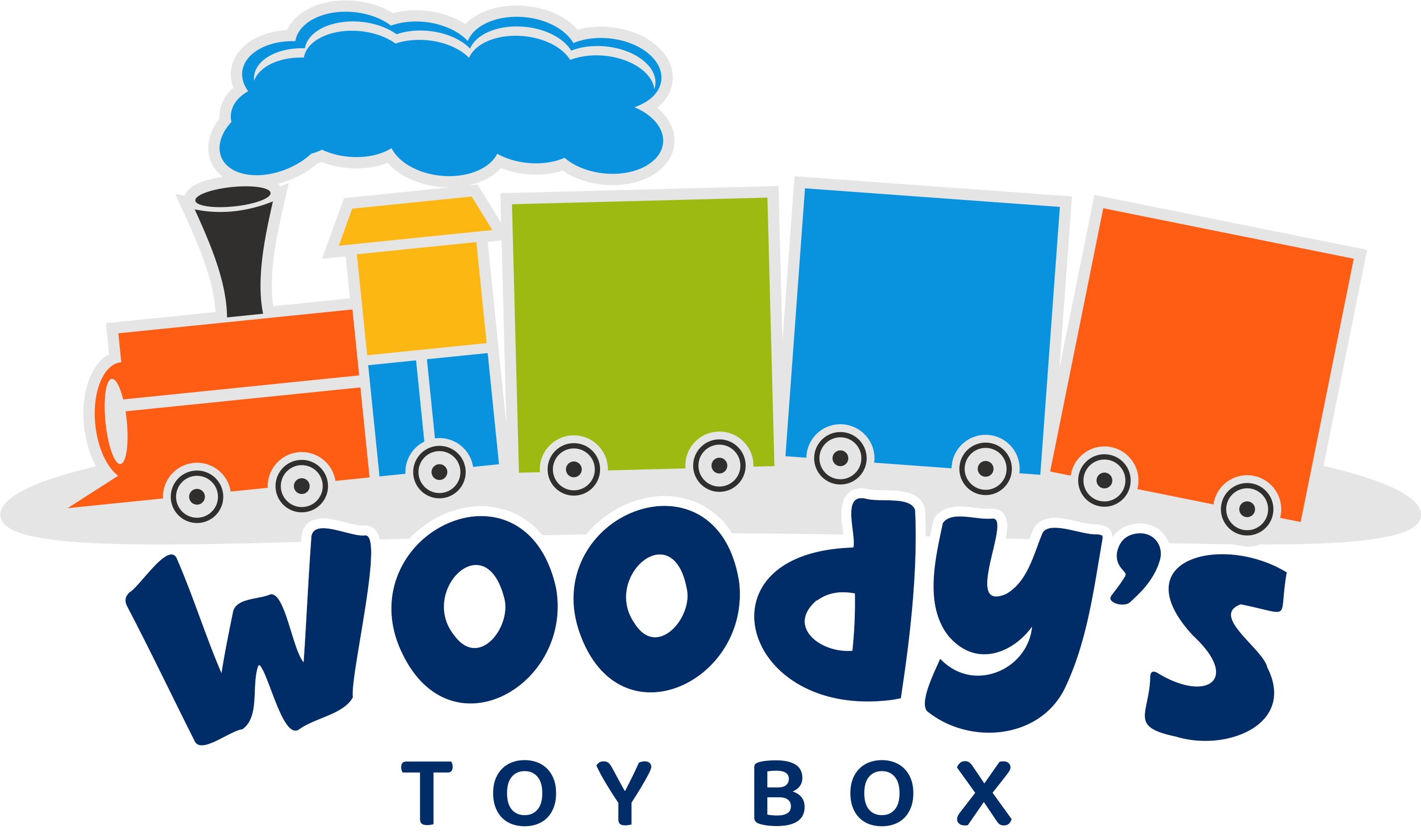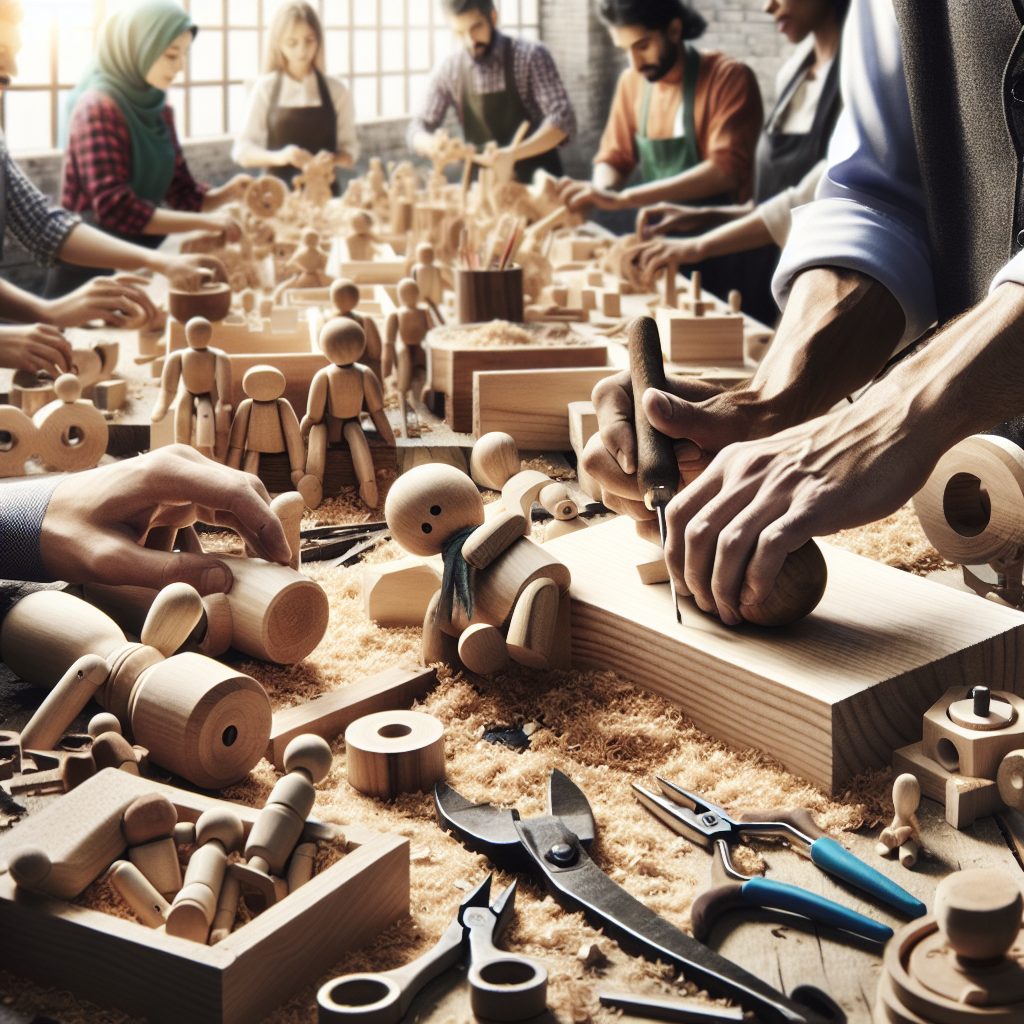Ethical considerations play a crucial role in the production of wooden toys, ensuring the welfare of both workers and the environment. With the growing awareness of sustainability and fair trade practices, consumers are increasingly concerned about the origins of their purchases. When it comes to wooden toy production, ethical considerations encompass various aspects, such as the sourcing of materials, labor conditions in the factories, and the overall impact on the environment. This article explores the key factors that make ethical considerations in wooden toy production paramount, shedding light on the specific impacts and unique features associated with this topic.
Now that we have established the significance of ethics in wooden toy production, let us delve deeper into the key takeaways surrounding this topic. First and foremost, the sourcing of raw materials is an essential aspect of ethical production. We will shed light on the importance of using sustainable wood sources, such as certified forests and reclaimed timber, to avoid deforestation and promote the conservation of natural resources. Additionally, we will discuss the fair treatment of workers involved in the manufacturing process, emphasizing the need for safe working conditions and fair wages. Finally, we will explore the various eco-friendly practices that can be incorporated into the production of wooden toys, highlighting the use of non-toxic paints and finishes, as well as the reduction of waste and carbon footprint. By understanding these key takeaways, readers will gain a comprehensive understanding of the ethical considerations in wooden toy production and its impacts on both society and the environment.
Key Takeaways
1. Wooden toy production must consider ethical considerations such as sustainable sourcing of materials to reduce deforestation and ensure the long-term availability of resources. This includes using certified wood and avoiding the use of endangered or illegally harvested wood.
2. Ensuring the use of non-toxic and child-safe materials in wooden toys is vital to protect children’s health. Regulations and standards should be followed to avoid the use of harmful chemicals and ensure compliance with safety guidelines.
3. Ethical production practices, including fair wages and safe working conditions, should be prioritized in order to support the well-being of the workers involved in the production process. This includes monitoring supply chains and ensuring the absence of child labor.
4. Designing durable and long-lasting wooden toys promotes sustainability and reduces waste. By creating toys that can withstand regular play and be passed down through generations, the need for constant production and disposal of toys can be minimized.
5. Ethical marketing practices play a crucial role in wooden toy production. Clear and accurate labeling, as well as transparent communication about the production process and ethical considerations, allows consumers to make informed choices and support companies that prioritize sustainability and ethical practices.
What are the Ethical Considerations in Wooden Toy Production?
1. Sustainable Sourcing of Wood
Wooden toys can have a significant impact on the environment depending on the sourcing of their raw materials. Ethical considerations in wooden toy production emphasize the importance of using sustainably sourced wood. This means utilizing wood from responsibly managed forests, where trees are harvested in a way that allows for regeneration and biodiversity preservation.
2. Child Labor and Fair Wages
Another crucial aspect of ethical considerations in wooden toy production is ensuring that child labor is not involved in any stage of the manufacturing process. Companies must adhere to strict labor laws and provide fair wages to workers, ensuring safe and healthy working conditions. This ensures that the production of wooden toys is ethically sound and respects the rights of all individuals involved.
3. Non-Toxic Materials and Safety Standards
Ethical considerations extend beyond the social aspects to the safety of the end products. Wooden toys should be made from non-toxic materials, ensuring they are safe for children to play with. Adhering to strict safety standards helps prevent potential harm or health risks related to the use of harmful chemicals or substances in the production process.
4. Waste Reduction and Recycling
The ethical production of wooden toys also involves minimizing waste generation and promoting recycling. Manufacturers should adopt sustainable practices that aim to reduce waste during the production process. This includes implementing efficient resource management systems and considering the life cycle of the toys to ensure they can be recycled or disposed of responsibly at the end of their use.
5. Supporting Local Artisans and Communities
Ethical considerations in wooden toy production encompass supporting local artisans and communities. By sourcing wooden toys from local artisans or small-scale manufacturers, companies can contribute to the economic development of these communities. This also ensures a closer connection between the production process and the final product, allowing for greater transparency and accountability.
How can you Ensure Ethical Wooden Toy Production?
1. Research and choose reputable wooden toy manufacturers known for their ethical practices.
2. Look for certifications such as FSC (Forest Stewardship Council) that indicate sustainably sourced wood.
3. Read product labels and descriptions carefully to ensure non-toxic materials are used.
4. Support fair trade initiatives and organizations promoting ethical manufacturing.
5. Opt for wooden toys made by local artisans or small-scale producers to support local communities.
6. Educate yourself and others about the importance of ethical considerations in wooden toy production.
7. Engage in advocacy and demand transparency from toy companies regarding their production practices.
8. Consider the longevity of wooden toys and their potential for being passed down, reducing overall consumption.
9. Dispose of wooden toys responsibly by recycling or donating them when they are no longer needed.
End of the article.
Frequently Asked Questions
What are the ethical considerations in wooden toy production?
When it comes to wooden toy production, ethical considerations involve various aspects such as sourcing of materials, labor conditions, and environmental impact. It includes ensuring that the wood used is responsibly harvested from sustainable sources, workers involved in the production process are treated fairly, and the production methods do not harm the environment.
Are there any certifications or labels that ensure ethical wooden toy production?
Yes, there are certifications and labels that can help consumers identify ethically produced wooden toys. Some well-known certifications include Forest Stewardship Council (FSC), which guarantees responsible sourcing of wood, and Fair Trade, which ensures fair wages and safe working conditions for workers involved in production.
What should I look for when purchasing wooden toys for ethical considerations?
When purchasing wooden toys with ethical considerations, it is important to check for certifications and labels that guarantee responsible production practices. Look for toys made from FSC-certified wood, as it ensures sustainable sourcing. Additionally, consider buying from brands that emphasize fair labor practices and transparent supply chains.
How can I ensure that the wooden toys I buy are safe for children?
Ensuring the safety of wooden toys begins with checking for proper certifications. Look for toys that meet safety standards such as ASTM F963 or EN 71, which ensure that the toys do not contain harmful substances and meet quality guidelines. Additionally, it is important to purchase toys from reputable brands known for their commitment to safety and quality.
Why is it important to consider the environmental impact of wooden toy production?
Considering the environmental impact of wooden toy production is essential because unsustainable production methods can contribute to deforestation, habitat destruction, and climate change. By choosing ethically produced wooden toys, you help support sustainable practices that preserve forests, reduce carbon emissions, and protect the planet for future generations.
What are the benefits of choosing ethically produced wooden toys?
Choosing ethically produced wooden toys has several benefits. Firstly, you can be confident that your purchase aligns with your values of sustainability and fair trade. Ethical toys also often have superior craftsmanship and durability, ensuring they can be passed down through generations. Moreover, supporting ethical production practices encourages the industry to prioritize environmental and social responsibility.
How can I support ethical wooden toy production?
You can support ethical wooden toy production by making informed purchasing decisions. Do research on brands and their production practices, prioritize certifications and labels that guarantee ethical standards, and choose toys made from sustainably sourced wood. Additionally, spreading awareness about ethical considerations in wooden toy production and advocating for responsible practices can have a positive impact.
Can I make my own ethical wooden toys?
Absolutely! Making your own ethical wooden toys is a wonderful way to ensure they align with your values. You can source reclaimed or FSC-certified wood, use non-toxic paints and finishes, and prioritize sustainable and ethical production methods. DIY wooden toys also offer a unique personal touch and can become cherished items in your family.
Where can I find ethically produced wooden toys?
There are various places where you can find ethically produced wooden toys. Start by researching and supporting local artisans and craftsmen who specialize in ethical production. Additionally, many online platforms offer a wide range of ethically made wooden toys from established brands that prioritize sustainability and fair trade.
Are ethically produced wooden toys more expensive?
While it is true that ethically produced wooden toys may sometimes come with a higher price tag, it is important to consider the long-term value and impact of your purchase. These toys are often crafted with superior quality and durability, ensuring they last longer and can be passed down. Moreover, the higher cost reflects responsible production practices that prioritize fair wages and environmental sustainability.
Final Thoughts
Ethical considerations in wooden toy production play a crucial role in shaping the future of the industry. By supporting brands and craftsmen who prioritize sustainability, fair trade, and safe working conditions, we can contribute to a more responsible and conscious toy industry. As consumers, it is our power to influence change and drive demand for ethically produced wooden toys, creating a brighter and more sustainable future for both children and the environment.
When choosing wooden toys, let us not only consider their play value but also the values they represent. By embracing ethical considerations in wooden toy production, we can make a positive impact on the lives of workers, children, and the planet as a whole. Let’s strive for a world where every toy promotes joy, sustainability, and the well-being of all involved in the production process.

